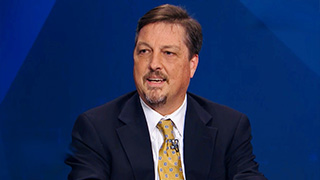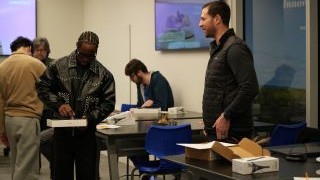Chemistry and Biochemistry Symposium to Feature NASA Speaker and Poster Session - Seton Hall University
Tuesday, April 11, 2017
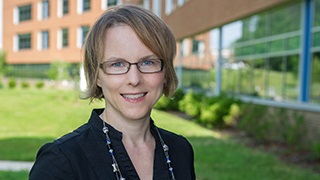
The symposium will include a lecture in the Rose Mercadante Seminar Series by Dr.
Melissa G. Trainer of the Robert Goddard Space Flight Center, National Aeronautics
and Space Administration entitled "Chemistry on Mars: The Search for Habitable Environments with Curiosity" at 5:45 PM in the Helen Lerner Amphitheater, McNulty Hall, Science and Technology
Center, Seton Hall University.
Following the lecture, a poster session featuring the research of 50 undergraduate
and graduate students in the Department of Chemistry and Biochemistry will be held
at 7:00 PM in the Mary Ann and Pat Murray Atrium in McNulty Hall. All members of the
University Community and friends of the Department of Chemistry and Biochemistry are
welcome to attend the lecture and poster session.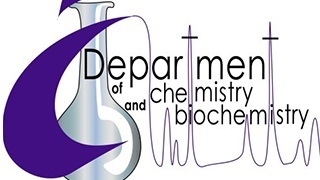
Following on decades of exploration of Mars, our knowledge of our neighboring planet
has advanced well beyond observations of canals to the comprehensive characterization
of surface topology and regional mineralogy. There are clear lines of evidence for
past liquid water and a complex climate history. Yet some of the fundamental questions
remain: Was there ever life on Mars? Could there have been life on Mars? The Curiosity
rover carries the most advanced analytical laboratory sent to another planet, and
over the past four and half years the mission has performed a detailed in situ investigation
of Gale Crater. The Sample Analysis at Mars (SAM) instrument suite in particular has
quantified geochemical indicators that demonstrate the environment could have supported
life, and has achieved detection of the first organic molecules on Mars. Atmospheric
measurements by SAM have identified signatures of planetary change over billions of
years and monitored modern activity. This presentation will recount the most important
findings on the chemistry of Mars to date, and will discuss the implications for our
understanding of whether the red planet was ever habitable.
Dr. Trainer is a Research Space Scientist in the Planetary Environments Laboratory
at NASA Goddard Space Flight Center, with research interests in the composition of
planetary atmospheres and the production of organic organic molecules and aerosols
via atmospheric synthesis.
Dr. Trainer has spent more than a decade characterizing the properties of Titan and
early Earth aerosol analogs. Her publications on this topic include chemical, optical,
and isotopic characterizations of these analogs produced via electric discharge and
photochemical irradiation, with recent emphasis on the elemental composition, nitrogen
activation, and the influence of trace species such as benzene.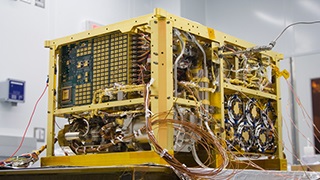
The Department of Chemistry and Biochemistry offers BS, MS and PhD degrees with specializations
in all areas of chemistry. Our unique research environment, including traditional
full-time students and part-time students is designed to foster collaborations with
industry and colleagues in other disciplines. The Rose Mercadante Seminar Series is
named for Rose Mercadante, the departmental secretary for over 40 years, in honor
of our alumni, her "boys and girls".
For more info: click here




